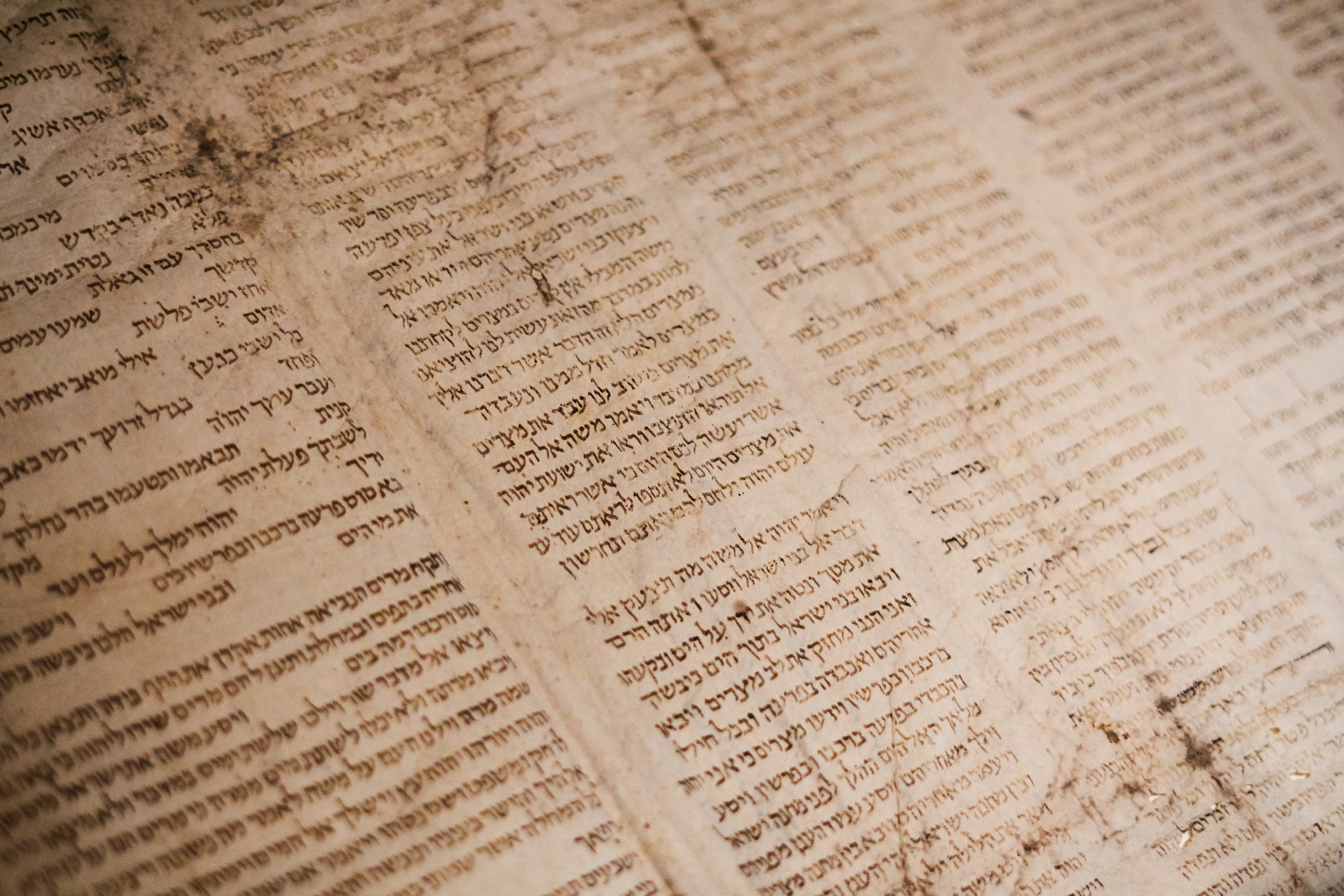Verses 26-31 of Hebrews chapter 10 are pretty terrifying. I think they’re intended to be that way.
Conceptions of God
Perhaps the most common thought we have of God is as our Father – and he is, of course, the heavenly Father of all who by believing in Jesus Christ have been born again and have become the children of God. That’s a wonderful truth, so it’s right for us to enjoy it and to approach God in just the same freedom and assurance of access as a small child approaches its earthly father.
How often, though, do we think of God as the consuming fire? That is how he is presented to us in Hebrews 12:29. Maybe you think this view of God’s character was more easily appreciated by the people of Israel. Each night in the wilderness their camp would have been lit by the cloud of fire that stood over the tabernacle from evening till morning. No doubt that inspired reverence and godly fear, both of which are so vital if we’re to worship God acceptably.
Sin, Judgement and Fire
Returning to Hebrews 10:26-27, we see that these verses also connect God with fire:
‘For if we go on sinning wilfully after receiving the knowledge of the truth, there no longer remains a sacrifice for sins, but a terrifying expectation of judgment and the fury of a fire which will consume the adversaries.’ (Heb. 10:26-27)
Eternally Safe
Hold fast the confession of our hope without wavering
Let’s be clear, first of all, about what this does not mean. These verses cannot teach that our salvation from the penalty of sin is vulnerable to being lost. As we’ve thought already, the moment we put our trust in our saviour we became children of God, we were born again, from above (John 1:12–13). Hallelujah! We’ve been brought into an entirely new relationship with God – we are already the children of God (1 John 3:2) and one day we will be like him, God’s eternal son, for we will see him as he is. These are truths which cannot be reversed or undone, in much the same way as a natural child, when it disobeys its parents, does not cease to be their child.
We didn’t have to do anything to earn our salvation; we simply accepted it as the free gift of God (Rom. 6:23). Why then would we think that we are required to do anything to maintain it? We could never have saved ourselves, but while we were still powerless Jesus Christ earned our salvation (Rom. 5:6). And he is the person who maintains it, holding us securely in the firm grip of his hand (John 10:28; Rom. 8:38-39).
Suspension from Earthly Service
So what do these verses in Hebrews teach us? To answer that it’s important to put them into context. These verses concern believers who have received the knowledge of the truth (Heb. 10:26). Not all Christian believers, but specifically those to whom God has revealed the wonderful truth of his house. These verses relate to disciples of the Lord Jesus who, having been baptised in water and added to a church of God, now form part of God’s spiritual house today (1 Pet. 2:5) – the place on earth where he dwells – and they enjoy the privilege of serving together in God’s holy presence in worship & prayer. If we go a little further back in the chapter to Hebrews 10:25 we see that some people in the church of God had neglected, perhaps deliberately, the vitally important practice of meeting together regularly with the church.
We didn’t have to do anything to earn our salvation; we simply accepted it as the free gift of God (Rom. 6:23)
We are not told the exact nature of the wilful sin of Heb. 10:26, but it would seem to suggest a very deliberate rebellion against the authority and teaching of the Lord Jesus Christ for disciples in churches of God, by someone who has previously confessed and submitted himself to that authority. The effect of that sin is to trample underfoot the Son of God, and to insult the Spirit of grace. As a consequence, the wilful sinner, though eternally saved, loses his place in God’s house and forfeits the privilege of entering into the holies when meeting together with God’s people for worship and prayer.
There are also serious future consequences: our service on earth will one day be judged (evaluated) as either being of benefit to God’s house, or as having been wasted in that deliberate rebellion (1 Cor. 3:10-15). The wasted time will be burned up, and this is the ‘expectation of judgement and fury of fire’.
Encouraging One Another
With that warning in mind, let’s consider each other, to stir up love and good works, and let’s pray for one another too, that we might “hold fast the confession of our hope without wavering” (Heb. 10:23–24).
Stephen Hickling, The Church of God in Birmingham









